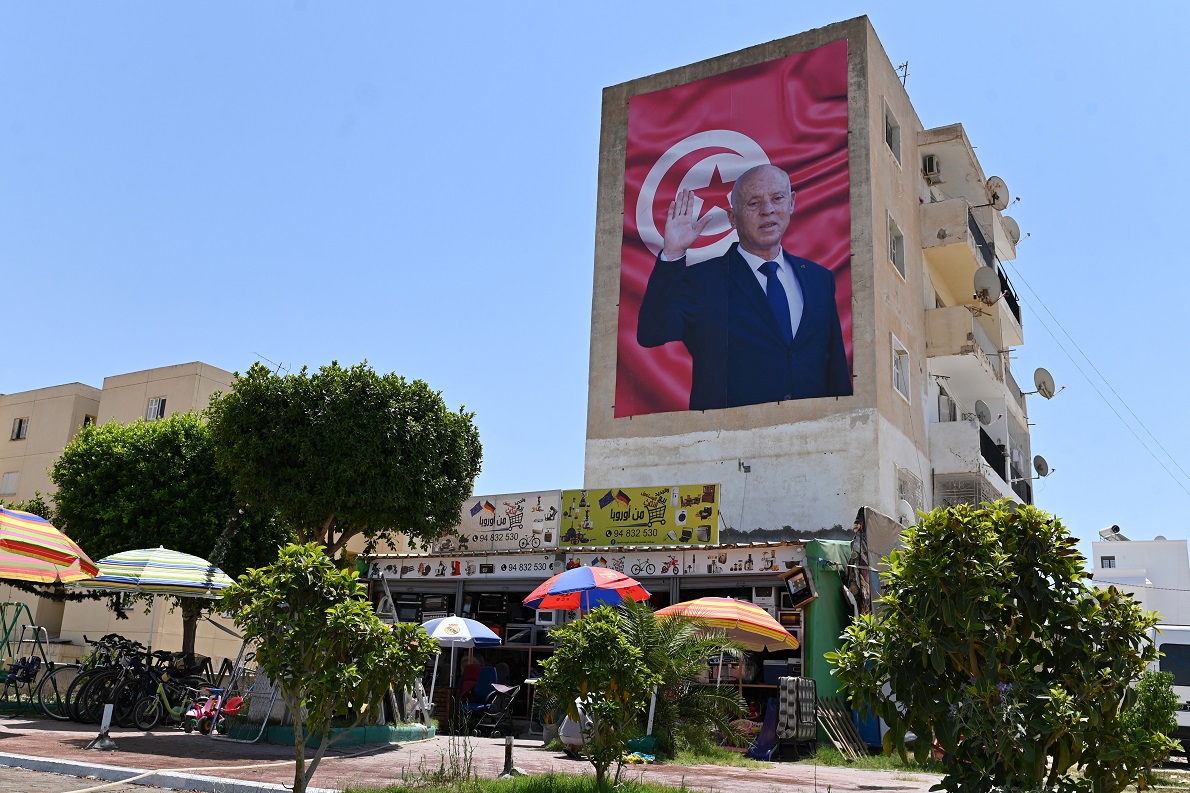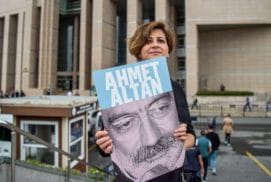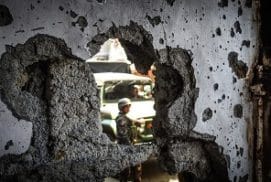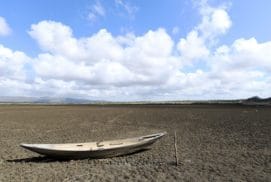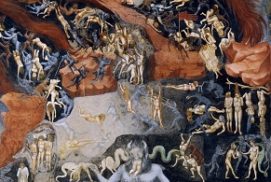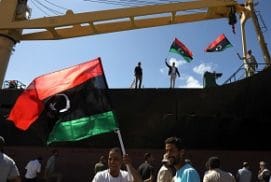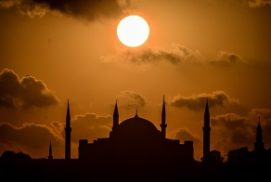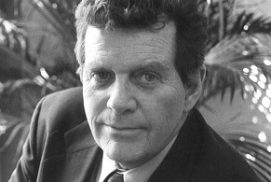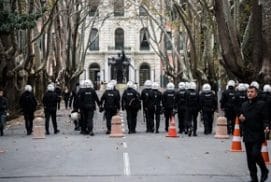Federica Zoja 21 October 2024
After surpassing 90 percent approval in the first round of the presidential elections on October 6, incumbent Tunisian leader Kais Saied faces his new term in a political, social, and economic climate vastly different from that of 2019. We discussed this shift with writer and essayist Hatem Nafty, whose latest work, Notre ami Kaïs Saïed. Essai sur la démocrature tunisienne (Our Friend Kais Saied: An Essay on the Tunisian Dictatorship), was presented in late September.


